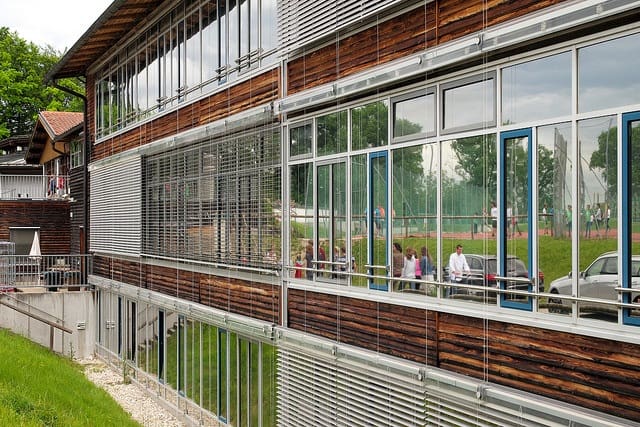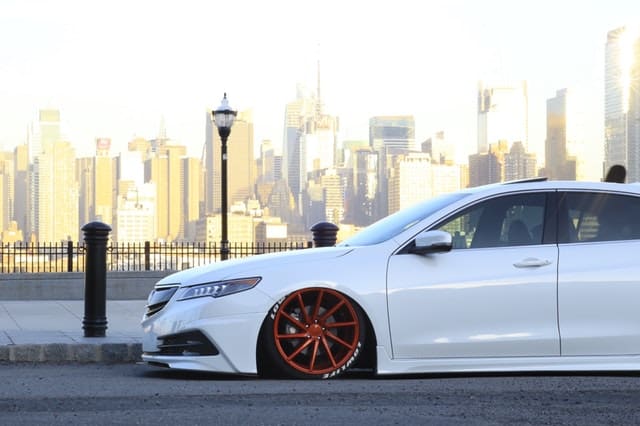Heating, ventilation and air conditioning are a technology that is common in parts of the world – in the US, there are estimated to be over 100 million units in use. In other areas, such as the UK, less than 0.5% of homes have air conditioning. As the climate changes and more extremes of temperature happen more often, does this mean more HVAC units will be required? And does that mean being an HVAC engineer is a good career choice?
What is HVAC?
The idea behind HVAC systems is that they control the environment of the building in which they are installed. This is done through heating and cooling as well as controlling humidity and the flow of air into and out of the space. It also plays a major part in improving the air quality within spaces and this is particularly relevant for business premises where some kind of work is being done, such as manufacturing or laboratories.
There are three main types of HVAC systems currently available:
- Central air conditioning systems
- Split and window air conditioning systems
- Packaged heated and air conditioning systems
Different systems are designed to provide different features to rooms and spaces depending on their size and what is happening within them. And who installs and maintains these systems? The qualified HVAC engineer.

A little history
While the term ‘HVAC’ is a relatively new one, the idea of using cold air to cool a room isn’t. History shows that the Ancient Romans used cold water in the walls to cool a room while water powered wheels were used in Ancient China for the same reason. The Ancient Indians knew about the evaporation factor and would have pools of groundwater in a room to cool it as it evaporated.
A series of developments and inventions led to the modern idea of HVAC. In 1882, the first electric fan was invented while the first basic AC unit was patented in 1902. The new system was showcased at the St Louis World’s Fair in 1902. By the early 1920s, smaller air conditioning units were being used while 1939 saw the first car sold by Packard that featured air conditioning.
Being an HVAC Engineer
There are lots of different career paths if you want to work with HVAC systems. For more information on HVAC salaries and job growth in 2019, see this resource by Housecall Pro. Or of course, wherever you thought suitable. You can become a general engineer responsible for installing and maintaining a wide range of systems. Or you can become a specialist, working on a certain type of system that is fitted in homes or businesses. Whatever the case, with the ever-changing climate, there is little doubt that the demand for HVAC will continue to increase and means there will be plenty of demand for these skills.







